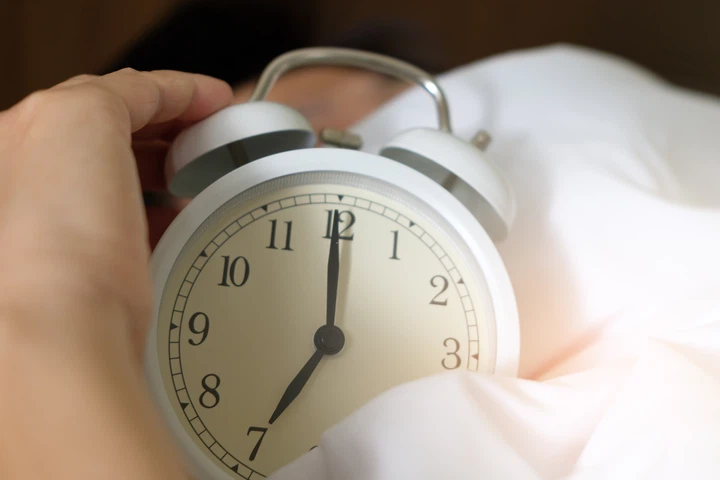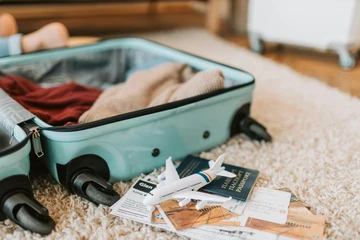Jetlag is a condition that typically occurs in people who travel by plane. During long-haul flights, the body's internal clock is disrupted due to changes in time zones, affecting sleep-wake cycles and other biological rhythms.
Jetlag is usually more pronounced in travelers flying on east-west routes because the time zone changes are more significant. To reduce the effects of jetlag, it is recommended to pay attention to sleep patterns before and after the flight, stay hydrated by drinking enough water, and expose oneself to sunlight. Additionally, some medications can be used to alleviate jetlag.

Symptoms of Jetlag
Jetlag, also known as the time zone change syndrome, can cause various symptoms as your body's biological clock needs to adjust to the new time zone you are traveling to. These symptoms may include sleep disturbances, fatigue, digestive problems, difficulty concentrating, headaches, weakness, changes in appetite, and irritability.
The changes in the day-night cycle in the time zone you travel to can affect the quality of your sleep and disrupt your natural sleep patterns. For example, you may not feel sleepy when it is daytime at your de

Jetlag is a sleep disorder caused by the time difference during travels. Since it alters your body's biological clock, it can affect your sleep, wakefulness, and metabolism. However, you can take some simple precautions to help prevent jetlag:
Before your trip:
Try to adapt to the time difference that your travel may cause. Change your sleep schedule a few days in advance to adjust to the new time zone.
Get a good night's sleep and rest before your journey.
Bring necessary items (headphones, a pillow, an eye mask, etc.) to help you sleep during the flight.
During your trip:
Increase fluid intake and avoid alcohol during the flight.
Move around during the flight. Walk periodically on the plane to improve blood circulation.
Try to eat and sleep according to the new time zone.
After your trip:
If you have a busy schedule in the first few days after your journey, lighten it up a bit in advance.
Get more sleep for a few days to overcome post-travel fatigue.
Exercise immediately after your trip. Physical activity boosts metabolism and helps regulate your sleep.
By taking these measures, you can help prevent jetlag. However, since jetlag varies from person to person, it may not have the same effect on everyone.stination or experience insomnia even during nighttime.
The severity of these symptoms can vary depending on the time difference between your destination and your normal life and the direction of your travel. Typically, traveling westward may result in milder symptoms, while traveling eastward can lead to more severe symptoms.
To alleviate jetlag symptoms, you can pay attention to your sleep schedule before traveling, drink plenty of water before and during the flight, consume healthy foods, and engage in exercise before and during your trip. On the plane, choosing the right sleeping position and trying to get some sleep during the flight, if possible, can also be helpful.



